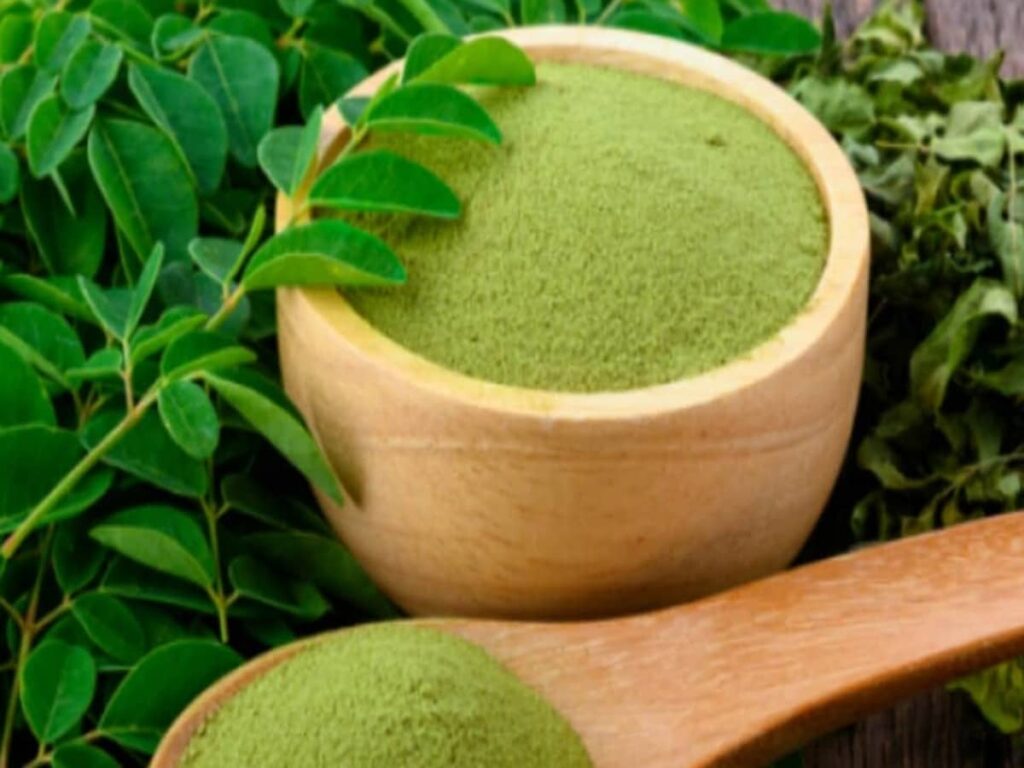Moringa, often referred to as the “miracle tree,” possesses numerous health benefits, one of which is its ability to enhance hemoglobin levels in the body. This remarkable quality makes it an excellent addition to the diet, especially for those experiencing anemia or other blood-related deficiencies. In this article, we will explore the nutritional profile of moringa, its role in boosting hemoglobin, and how you can incorporate it into your daily routine.
Understanding Moringa
Moringa oleifera is a fast-growing, drought-resistant tree native to the Indian subcontinent. Known for its nutritional density, every part of the moringa tree is edible, from its leaves and pods to its seeds and flowers. Moringa leaves, in particular, are packed with vitamins, minerals, and antioxidants.
Nutritional Profile of Moringa
| Nutrient | Amount per 100g |
|---|---|
| Protein | 27g |
| Vitamin A | 6,764 IU |
| Vitamin C | 51.7mg |
| Calcium | 185mg |
| Iron | 4mg |
| Magnesium | 42mg |
This table illustrates the high nutritional value of moringa, indicating why it is so beneficial for health, particularly in supporting blood health through its rich iron content.
Moringa and Hemoglobin Production
The iron content in moringa plays a significant role in hemoglobin production. Hemoglobin is the protein in red blood cells responsible for transporting oxygen throughout the body. Low hemoglobin levels can lead to anemia, characterized by fatigue, weakness, and other health concerns.
Moringa leaves not only provide iron but also contain vitamins A and C, which are essential for enhancing iron absorption in the body. Including moringa in your diet can help combat low hemoglobin levels and improve overall blood health.
Ways to Incorporate Moringa into Your Diet
- Add fresh moringa leaves to salads.
- Blend moringa powder into smoothies or juices.
- Use moringa powder in soups and stews.
- Prepare moringa tea by steeping dried leaves in water.
By integrating moringa into your meals, you can harness its full benefits and support your body’s need for healthy blood levels.
Conclusion
Moringa is a powerhouse of nutrition that can significantly boost hemoglobin levels due to its rich iron content and other essential nutrients. By incorporating moringa into your daily habits, you can enhance your overall health and combat blood-related deficiencies. It is a natural and effective way to support your body’s needs, making it an invaluable addition to your dietary regimen.
